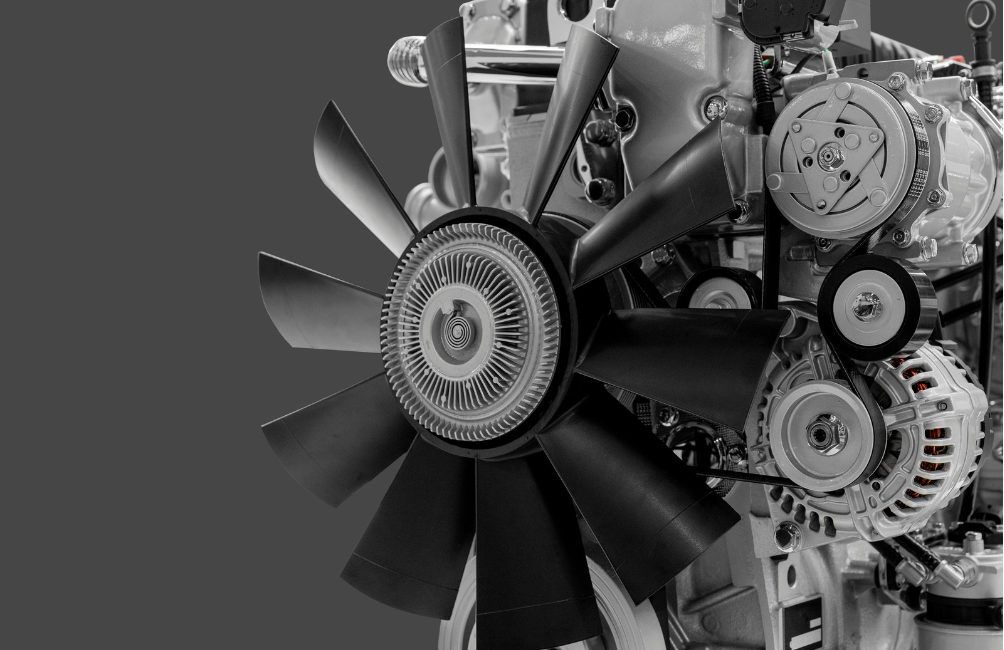The U.S. Environmental Protection Agency, Justice Department, FBI, Customs and Border Protection (CBP), Department of Transportation’s Office of Inspector General (DOT-OIG), National Highway Traffic Safety Administration (NHTSA) and state of California reached criminal and multiple civil resolutions, valued at over $1.6 billion, with Hino Motors, Ltd. (Hino Motors), Hino Motors Manufacturing U.S.A., Inc., and Hino Motors Sales U.S.A., Inc. (collectively, Hino) for violations related to the submission of false and fraudulent engine emission testing and fuel consumption data to regulators and the illicit smuggling of engines into the United States. These resolutions are subject to approval by the U.S. District Court for the Eastern District of Michigan.
This unlawful conduct allowed Hino, a subsidiary of Toyota Motor Corporation, to improperly secure approvals to import and sell, and cause to be imported and sold, more than 110,000 diesel engines in the United States from 2010 to 2022. These engines were primarily installed in heavy-duty trucks manufactured and sold by Hino nationwide.
Global Resolution Details
As part of the global resolutions, Hino Motors, Ltd. has agreed to plead guilty to engaging in a multi-year criminal conspiracy. The plea agreement, which is subject to approval by the court, requires it to pay a criminal fine of $521.76 million, serve a five-year term of probation, during which it will be prohibited from importing any diesel engines it has manufactured into the United States, and implement a comprehensive compliance and ethics program and reporting structure.
Hino Motors, Ltd. has also agreed to the entry of a forfeiture money judgment against it in the amount of $1.087 billion. Pursuant to the plea agreement, Hino’s future payments towards its civil settlement obligations, as well future payments as part of a civil class action settlement brought by private plaintiffs, will be credited towards its criminal forfeiture money judgment obligation.
In separate civil resolutions of environmental, customs and fuel economy claims by the federal government and the state of California, Hino will pay a civil penalty of $525 million based on its demonstrated financial condition. The global resolution includes the second largest criminal fine and fourth largest civil penalty in the history of EPA’s mobile source programme.
Other provisions of the civil agreement include:
- A mitigation programme, valued at $155 million, to offset excess air emissions from the violations by replacing marine and locomotive engines throughout 49 states (excluding California), including the reduction of over 41,000 tonnes of nitrogen oxides (NOx) emissions.
- A recall programme, valued at $144.2 million, to modify violative engines in 2017-2019 heavy-duty trucks so they comply with U.S. and California emissions laws.
- $123.6 million to fund mitigation projects and enforcement costs in California.
- $30.3 million to resolve California False Claims Act claims.
The EPA discovered Hino’s non-compliance as a result of conducting confirmatory testing of Hino’s engines. On 10 January 2025, EPA voided engine approvals, called “certificates of conformity,” for Hino’s 2010-2019 diesel engines for heavy-duty trucks and nonroad equipment. This is the largest voiding action ever taken by the EPA, reflecting the egregiousness of the conduct and the flagrant disregard for the EPA’s certification programme. That programme is designed to provide a level playing field for vehicle and engine manufacturers seeking to do business in the United States.
As part of its plea agreement, Hino Motors, Ltd. admits that between 2010 and 2019, it submitted and caused to be submitted false applications for engine certification approvals. Hino Motors, Ltd. engineers regularly altered emission test data, conducted tests improperly, and fabricated data without conducting any underlying tests. Hino Motors, Ltd. further admits that it submitted fraudulent carbon dioxide emissions test data, which resulted in false fuel consumption values being calculated for its engines.
Hino Motors, Ltd. engineers also failed to disclose software functions that could adversely affect engines’ emission control systems. As a result of the fraud, Hino Motors, Ltd. imported and sold over 105,000 non-conforming engines between 2010 and 2022.
The EPA estimates that Hino’s engines emitted levels of NOx, particulate matter, carbon dioxide (CO2), and nitrous oxide (N2O) above the regulatory limits. Hino’s recall is designed to bring model year 2017-2019 truck engines into compliance with emissions standards. Its mitigation projects around the country will fully offset the lifetime excess emissions of all violative engines.
The proposed global civil settlement consent decree is subject to a 30-day comment period and final court approval.
— Accurate at time of publication | January 2025


 What you’ll get:
What you’ll get: